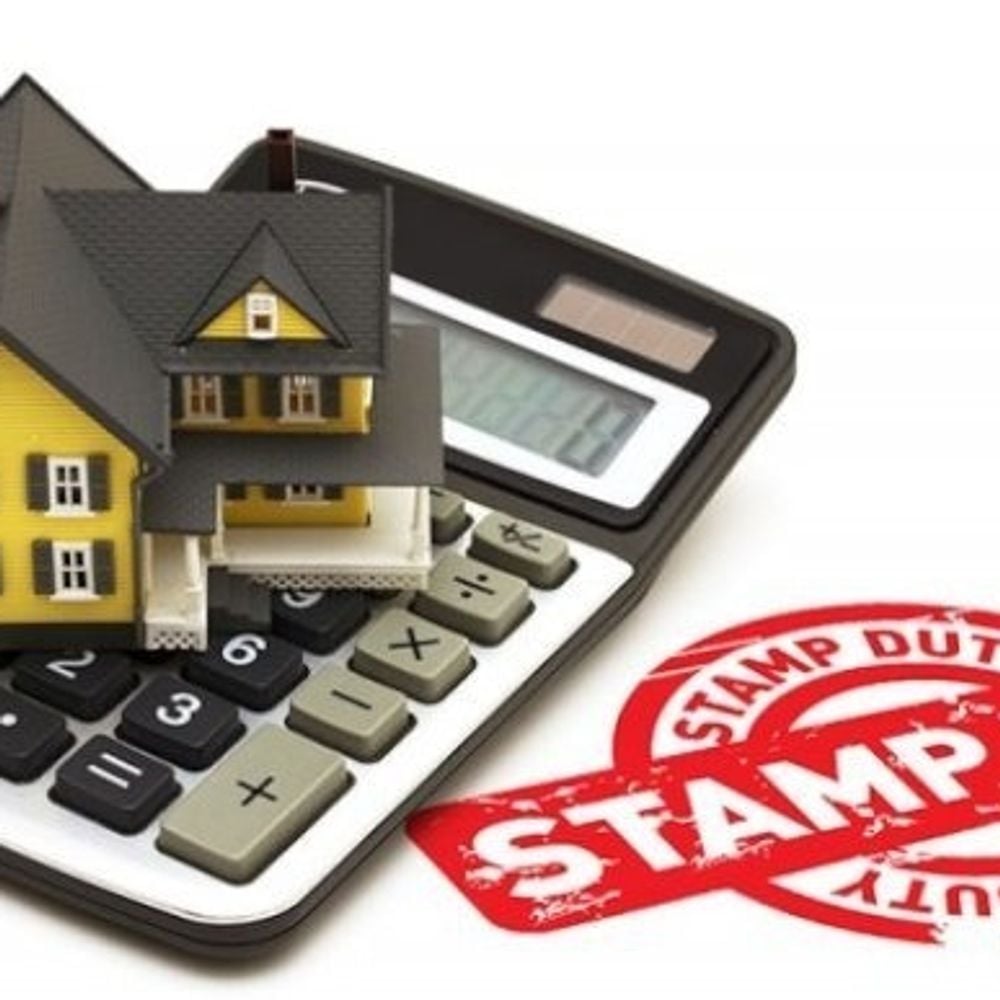
Stamp Duty Holiday Extension to 31 March 2021

The chancellor's policy of the suspension of Stamp Duty, on the first £500,000 of all property sales in England and Northern Ireland, has helped boost house prices. August saw the highest monthly price rise in more than 16 years, according to the Nationwide. It describes the housing market recovery as "unexpectedly rapid".
What is stamp duty?
Stamp duty is a tax paid by people buying properties, although it varies slightly across the UK.
In England and Northern Ireland buyers pay Stamp Duty Land Tax.
In Scotland it is Land and Buildings Transaction Tax, while in Wales buyers pay Land Transaction Tax.
The amount handed to the government depends on where you are in the UK, and the price of the property.
The changes to stamp duty only apply to buyers in England and Northern Ireland.
What has changed?
The government has temporarily increased the stamp duty threshold to £500,000 for property sales in England and Northern Ireland, until 31 March 2021,
Anyone completing on a main residence costing up to £500,000 before then will not pay any stamp duty, and more expensive properties will only be taxed on their value above that amount.
This will save buyers as much as £15,000, if they are buying a property of £500,000 or more.
The move was aimed at helping buyers who have taken a financial hit because of the coronavirus crisis.
It was also intended to boost a property market hit by lockdown, which had seen house prices fall for four months in a row.
The average stamp duty bill will drop by £4,500, Mr Sunak has suggested, with nearly nine out of 10 people buying a main home this year paying no stamp duty at all.
How much stamp duty will I pay now?
If the property purchased is your main home, you won't pay any stamp duty on it at all if it costs £500,000 or less.
The next portion of the property's price (£500,001 to £925,000) will be taxed at 5%, and the £575,000 after that (£925,001 to £1.5m) at 10%.
The remaining amount (over £1.5 million) will be taxed at 12%.
Before the announcement, stamp duty in England and Northern Ireland was paid on land or property sold for £125,000 or more, while first-time buyers did not pay any stamp duty up to £300,000. But this stamp duty holiday replaces the first-time buyer discount.
Landlords and second home buyers are also eligible for the tax cut but will still have to pay the extra 3% of stamp duty they were charged under the previous rules.
How much does stamp duty raise?
The government's annual take from stamp duty is around £12bn, according to the latest figures released by HM Revenue and Customs (HMRC).
That's roughly equivalent to 2% of the Treasury's total tax take.
The nine-month stamp duty holiday in England and Northern Ireland - from July 2020 to March 2021 - will cost the Treasury an estimated £3.8bn.
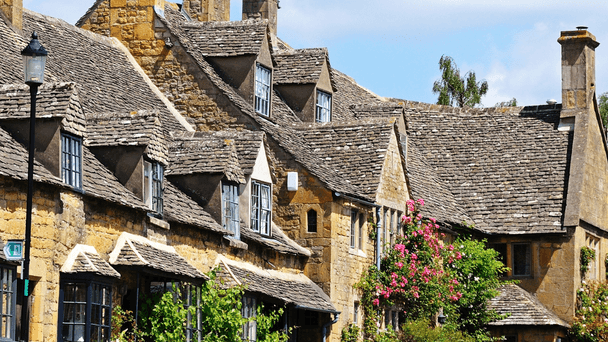
Why the Cotswolds Remains One of the Strongest Property Markets in the UK
Few regions in the UK combine lifestyle appeal, long-term value and consistent demand quite like the Cotswolds. Despite periods of national market uncertainty, the Cotswolds continues to stand out as one of the country’s most resilient and desirable property markets, attracting homeowners, investors, and international buyers alike. So, what underpins this enduring strength?
Why the Cotswolds Remains One of the Strongest Property Markets in the UK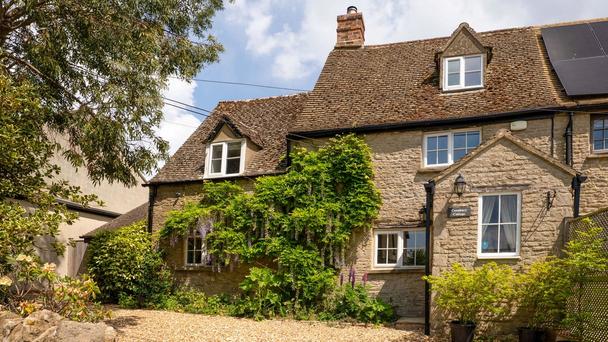
A Personal Approach to Property: Client Experiences with Butler Sherborn
At Butler Sherborn, client experience sits at the heart of everything we do. Across sales and lettings, our teams pride themselves on professionalism, local knowledge and a truly personal approach. The following recent reviews from 2026 highlight just a few of the outstanding experiences our clients have shared.
A Personal Approach to Property: Client Experiences with Butler Sherborn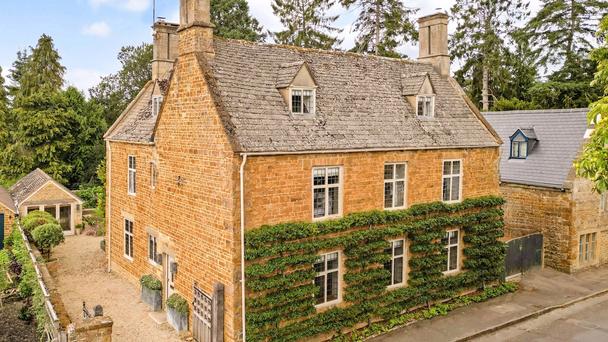
January Market Comment
January has seen us firmly up and running across the Cotswolds. Activity has been encouraging, with positive levels of interest and a busy start to the year. We have already agreed a good number of sales across our three offices in a range of different price points, which is a positive indicator of buyer intent following what was a very cautious 2025, with low confidence and many delays.
January Market Comment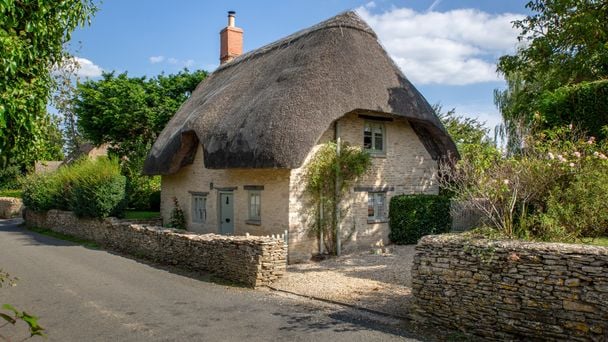
Three Quintessential Cotswold Cottages – Full of Character & Charm
With Valentine’s Day just around the corner, there’s something undeniably romantic about the idea of escaping to a cosy Cotswold cottage. Think honey-coloured stone walls, crackling log fires and soft lamplight spilling across plush sofas - perfect for long conversations, shared glasses of wine and slow, unhurried mornings. In winter, the Cotswolds reveal a quieter kind of beauty, with misty lanes, frosted fields and snug village pubs just a gentle stroll away. It’s a setting steeped in charm and warmth, and utterly quintessential in its British appeal.
Three Quintessential Cotswold Cottages – Full of Character & Charm





